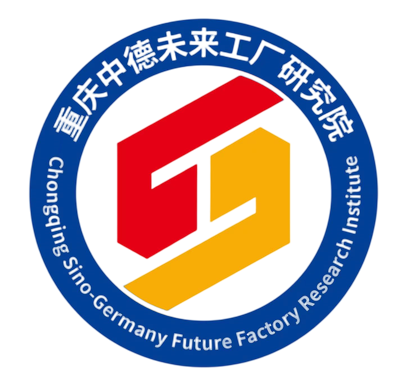Federated Learning for Weld Quality Prediction
DOI:
https://doi.org/10.37965/jdmd.2024.529Keywords:
deep learning; federated learning; friction stir welding; Industry 4.0; manufacturing; neural network; qualityAbstract
This study introduces a monitoring system that can accurately predict the quality of friction stir welds. The study involved four different sets of welding experiments using varying materials and tool configurations. The goal was to create a universal monitoring system capable of predicting weld quality across these diverse experimental sets. Real-time welding data was collected using instruments such as load cells and a power sensor. Signal processing methods were then used to analyze this data and extract essential information about welding quality. Subsequently, Federated Learning (FL) was used to develop the universal monitoring system. This method involves collective learning and model training, leading to a global model trained on decentralized data from the different experimental sets. The approach proved to be effective in forecasting weld quality, achieving a mean absolute error (MAE) of 10.44 for all welding experiments. Additionally, it offered benefits such as reduced latency and enhanced user data protection, while maintaining the accuracy of the global model. An artificial neural network (ANN) model was also developed for comparison with FL, achieving a MAE of 13.85 for the welding experiments. Overall, this study demonstrates the effectiveness of training global and more reliable models, with multiple devices sharing their knowledgebases to train the global model effectively.
Conflict of Interest Statement
The authors declare no conflicts of interest.









